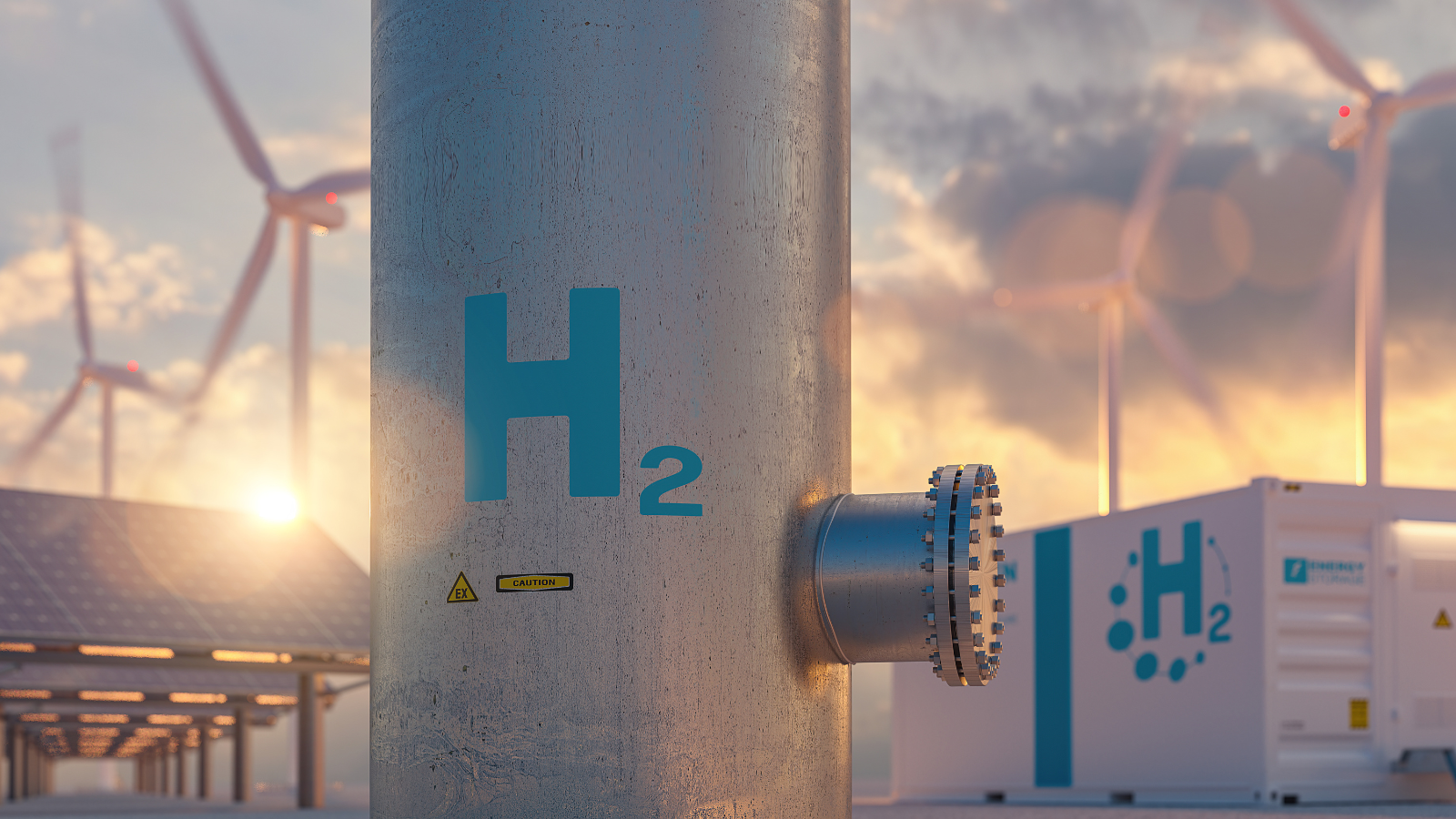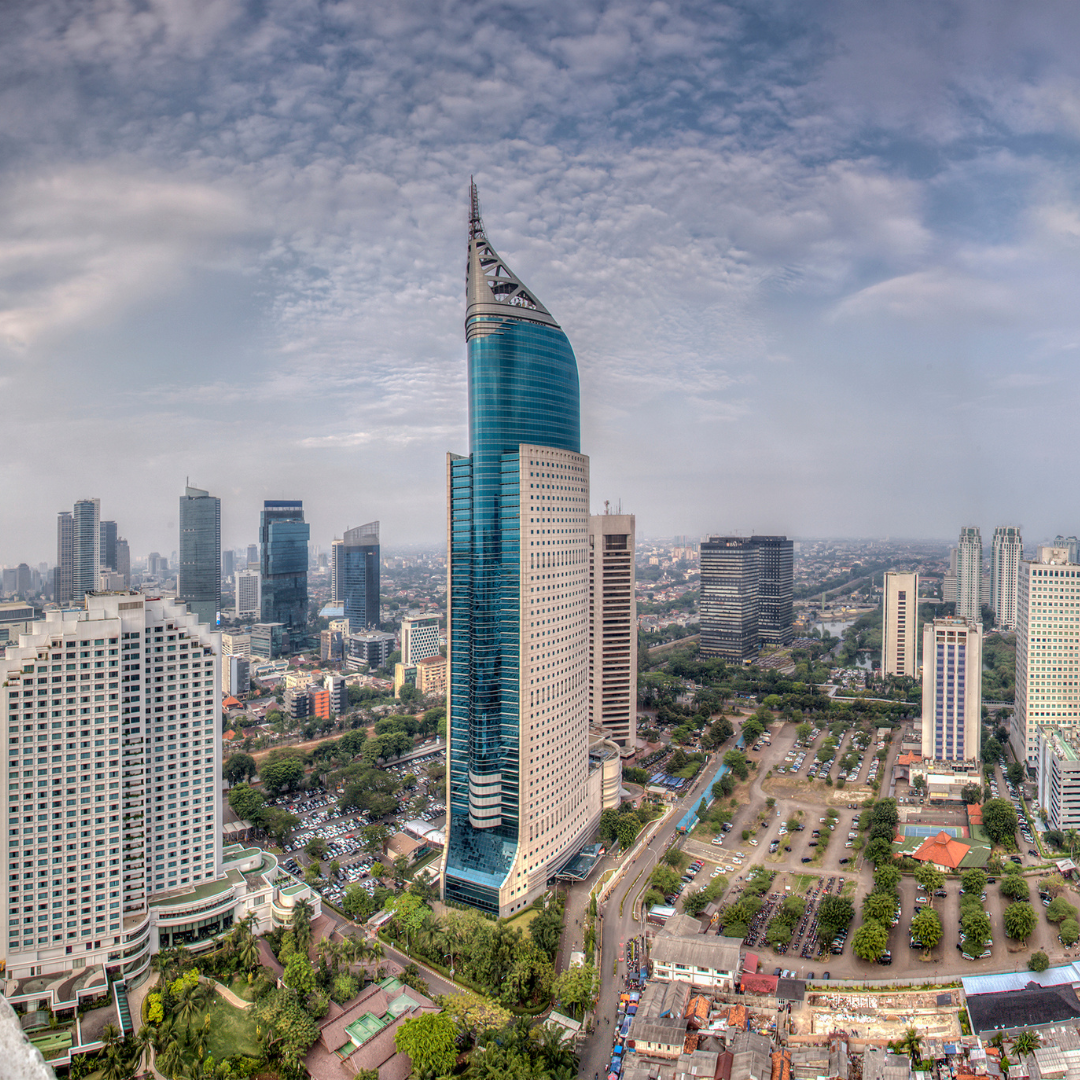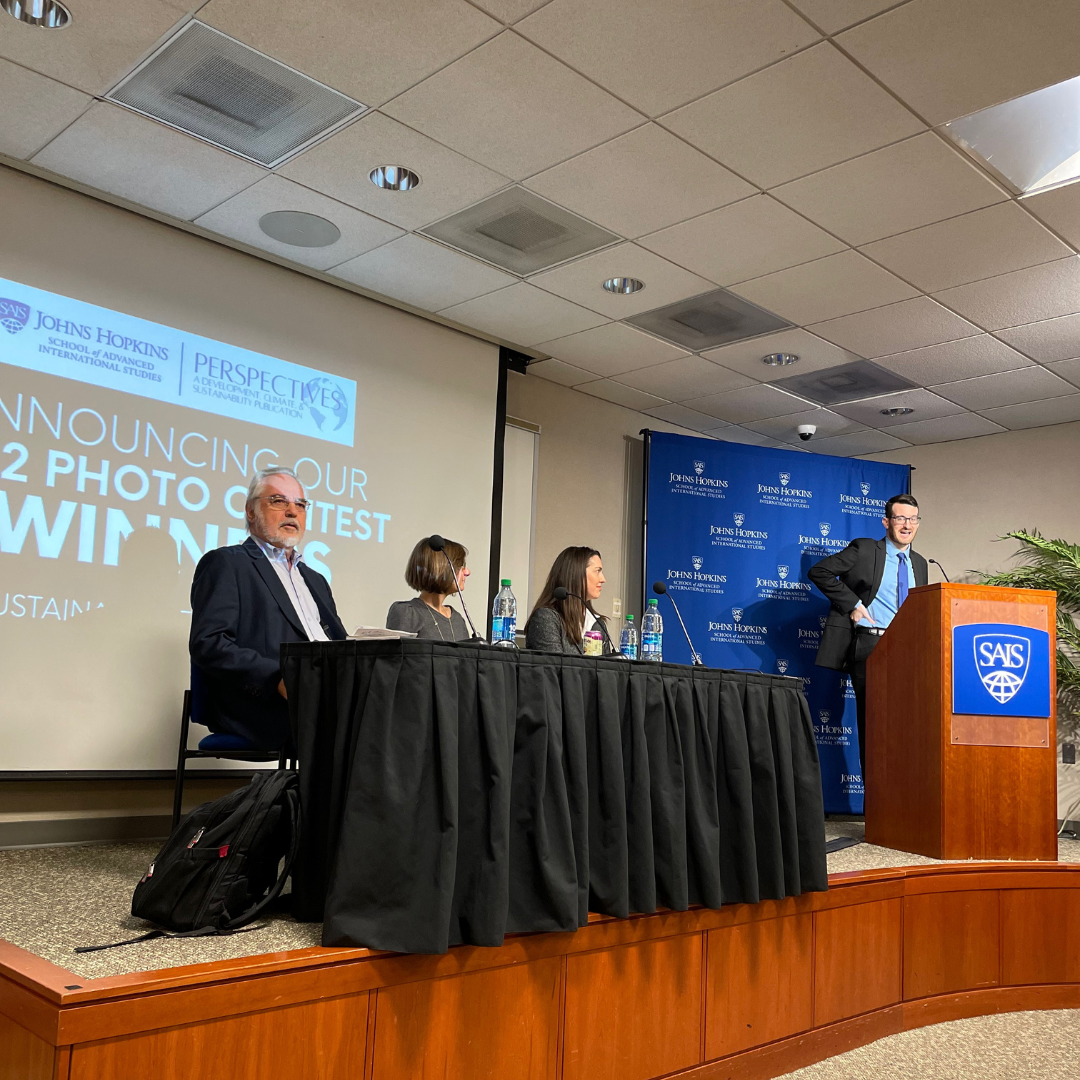BY EVELYN DAN EPELLE
For years, activists like Greta Thunberg and Vanessa Nakate have headlined many conversations about climate change while pressuring heads of government to meet their agreed carbon emissions targets. Climate change activities must push government stakeholders to act with more urgency by approaching the conversation as a personal exigency.
BY PIP BAITINGER
Governments around the globe are in dire search for technological solutions to address impending dangers related to climate change. Many decision-makers and leaders see the potential of curbing climate catastrophes in emerging technologies such as Artificial Intelligence. However, this optimism should be met with skepticism.
BY CHETAN HEBBALE
The energy transition is fraught with risks and challenges amidst concurrent global crises. As nations look for viable alternatives to secure a reliable flow of energy while working to combat climate change, green hydrogen has the potential to be a true game-changer in the fight for net-zero. It can power fuel cell electric vehicles, store renewable energy at utility scale, and be burned as a substitute fuel in carbon intensive industrial processes without releasing CO2. As interest in hydrogen grows, new players, alliances, vulnerabilities, and supply chain competition will arise.
BY GALEN ERICKSON
The Just Energy Transition Partnership (JETP) is the most recent climate deal for Indonesia, and its successful implementation can mark an important step in cutting the country’s emissions. However, this process would require careful planning and comprehensive policy safeguards. Reviewing Indonesia’s power agreements from 1990 to 1997 can offer helpful lessons to draw out the full potential of the JETP.
BY BENJAMIN SOKOL
In order to achieve net zero greenhouse gas emissions and mitigate the worst effects of climate change, we must electrify our energy systems. This process will not only require a complete replacement of all fossil-fuel based power generation with renewable generation, but also a major increase in the amount of electricity we currently generate.
BY PACKY GRIFFIN
Transboundary migration is an anticipated consequence of climate change and its resulting resource scarcity shocks and stresses. Scholars have attributed climate change to major population movements and subsequent humanitarian crises and conflicts in recent years, namely the ongoing Syrian civil war.
BY ZACH COHEN
With natural resource demands on the rise and climate change exacerbating environmental challenges, the Water-Energy-Food (WEF) Nexus has emerged as an important framework for analyzing the interconnections between the water, energy, and food sectors.
BY THE PERSPECTIVES EDITORIAL TEAM
To celebrate the annual launch of their publication theme, SAIS Perspectives invited experienced professionals and experts to speak as panelists on the 2022-2023 theme of “Sustainable Development in Crisis.” Two panel discussions were hosted, with the first taking place at the SAIS campus in Washington D.C. and the second at the SAIS Europe campus in Bologna, Italy. Both discussions centered around the ways that moments of crisis, from COVID-19 to the climate crisis, are reshaping the field of international development.
BY MIRABAI VENKATESH
This piece will seek to explain why, despite seemingly overcoming domestic obstacles, the PA, like other climate agreements before, was abandoned by the United States in 2017 under the leadership of President Donald Trump. Through this analysis, the research in this paper will illustrate the powerful capacity of right-wing populism to undermine collective climate action on a global scale as it strategically seeks to manipulate domestic public opinion in a way that supports voluntary defection from international agreements and undermines cooperation on issues of development, climate, and sustainability.










